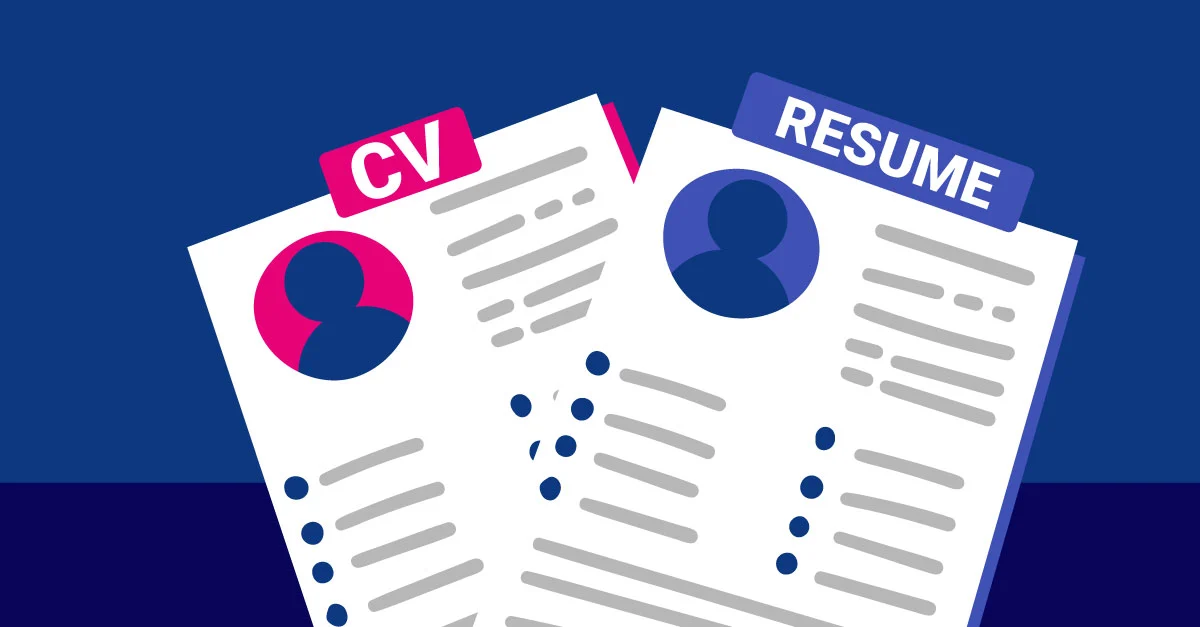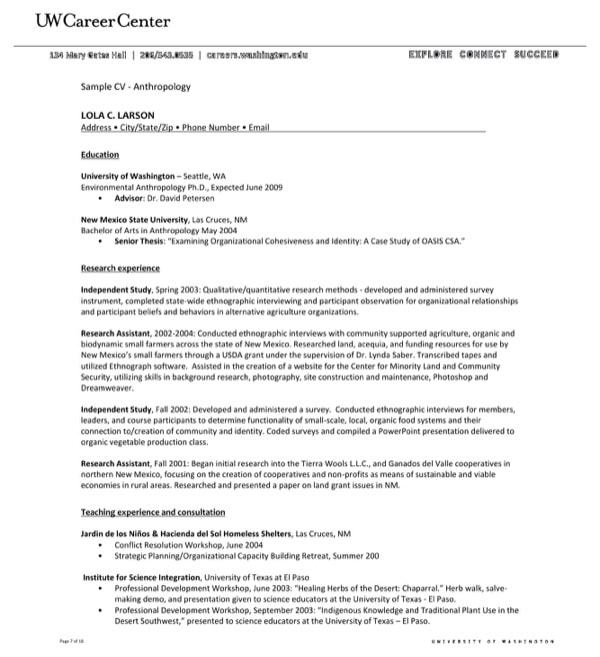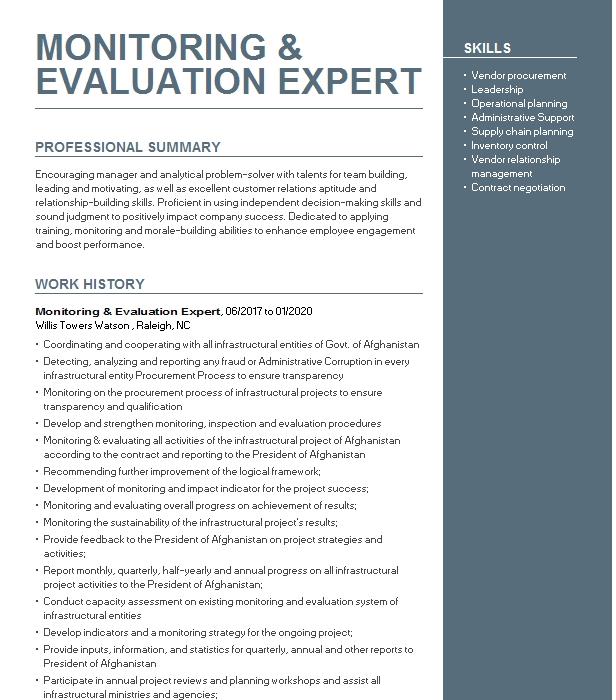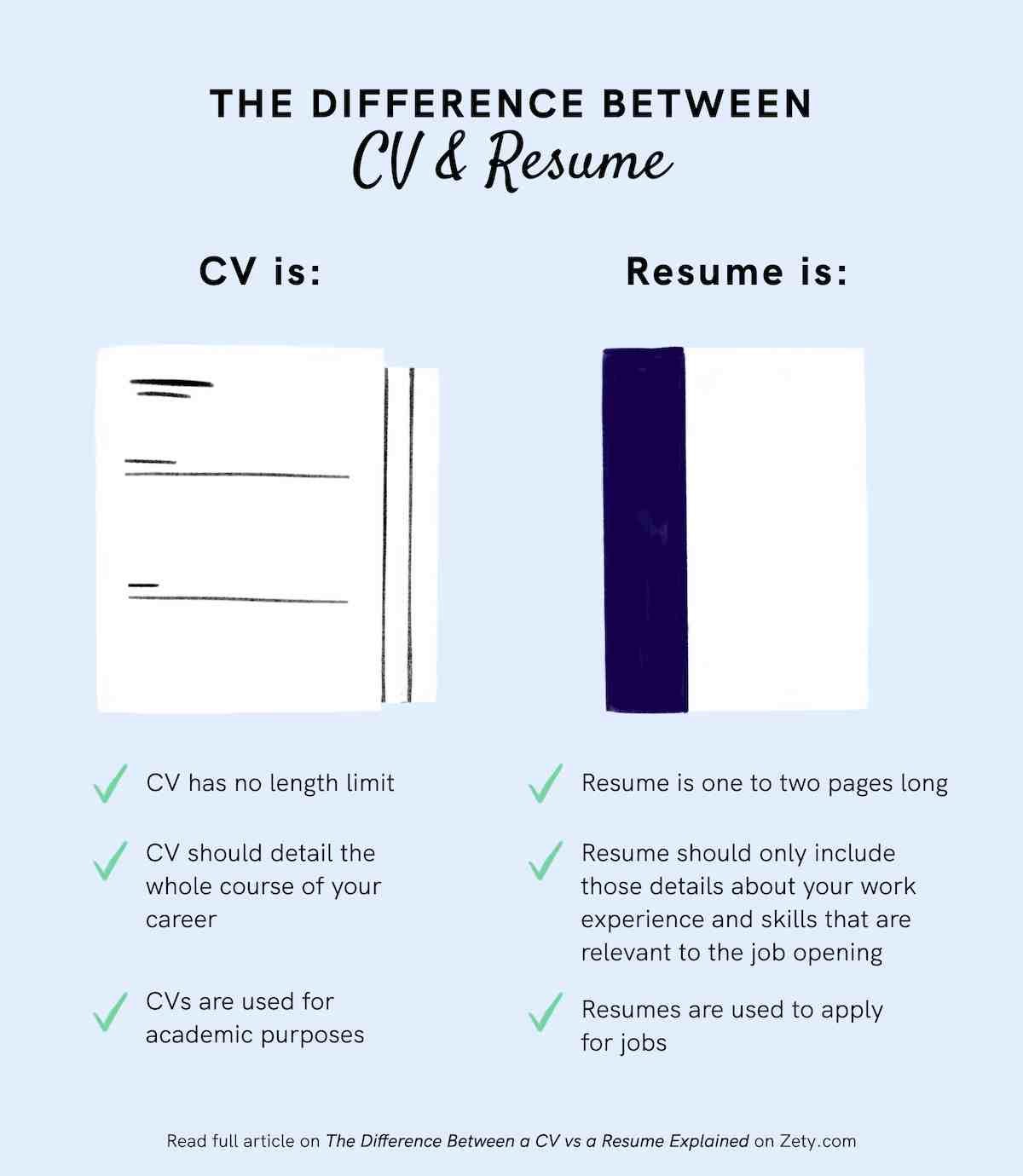Learning
CV vs Resume: Key Differences And Choosing The Right Format

CV vs Resume: In today’s competitive job market, you must present yourself effectively to potential employers. Two commonly used documents for job applications are the CV (curriculum vitae) and the resume.
Although these terms are often used interchangeably, they have distinct differences that can impact your job search.
In this article, we will delve into the contrasting features of a CV and a resume, discuss their purposes, and help you determine which format is suitable for your career goals.
What is a CV?
A CV, short for curriculum vitae, is a comprehensive document that provides an extensive overview of your academic and professional background. It is typically used for academic, research, or scientific positions.
A CV presents a detailed account of your educational qualifications, work experience, publications, presentations, grants, awards, and other relevant information.
Components of a CV
A CV generally consists of the following sections:
- Personal Information: Your name, contact details, and professional profile.
- Objective or Personal Statement: A brief summary of your career objectives and aspirations.
- Education: Details of your educational qualifications, including degrees, institutions, and dates.
- Research Experience: Information about your involvement in research projects, publications, and conferences attended.
- Work Experience: A chronological list of your employment history, highlighting job titles, responsibilities, and achievements.
- Skills: A section showcasing your relevant skills and expertise.
- Awards and Honors: Recognition you have received for your work or academic achievements.
- Professional Memberships: Organizations you belong to, indicating your involvement in professional communities.
- References: Contact details of individuals who can vouch for your professional abilities.
What is a Resume?
Conversely, a resume is a concise document summarizing your relevant work experience, skills, and qualifications. Resumes are tailored for specific job applications and are typically one to two pages long.
They emphasize relevant skills and achievements, aiming to quickly capture hiring managers’ attention.
Sections of a Resume
The sections commonly found in a resume include:
- Contact Information: Your name, address, phone number, and email.
- Objective or Summary Statement: A brief overview of your career goals and the value you can bring to an employer.
- Work Experience: A reverse-chronological list of your previous jobs, including job titles, dates of employment, and key responsibilities.
- Education: Details of your educational background, including degrees earned, institutions, and dates.
- Skills: A section highlighting your relevant skills and competencies.
- Certifications and Training: Additional qualifications or professional development courses you have completed.
- Awards and Achievements: Recognition or honors you have received.
- Professional Associations: Memberships in professional organizations that demonstrate your industry involvement.
- References: Upon request, you can provide references who can endorse your skills and abilities.
CV vs Resume: What Are the Key Differences?
Now that we understand the basic components of a CV and a resume, let’s explore the primary distinctions between the two:
Length and Scope: CV
A CV is typically more detailed and longer than a resume. It allows individuals to provide an extensive overview of their academic and professional backgrounds, including research, publications, presentations, and awards.
The length of a CV can range from multiple pages to several pages, depending on the individual’s experience and achievements.
Length and Scope: Resume
On the other hand, a resume is a concise document that emphasizes relevant skills, work experience, and achievements related to a specific job.
It is typically limited to one or two pages, ensuring recruiters can quickly scan the document and extract key information relevant to the position they are hiring for.
Formatting: CV
CVs often follow a more academic and formal structure, presenting information in chronological order or reverse-chronological order.
They typically include sections such as education, research experience, publications, conferences attended, and other relevant sections tailored to the individual’s field of expertise.
Formatting: Resume
On the other hand, resumes follow a more standardized and structured format, including sections such as contact information, summary or objective statement, work experience, skills, education, and additional sections like certifications or relevant affiliations.
The focus is on concisely presenting relevant information in a visually appealing manner.
Purpose: CV
CVs are generally used for academic positions, research opportunities, fellowships, grants, and other academic or scientific applications.
They are well-suited for individuals pursuing advanced degrees, such as Ph.D. or postdoctoral positions, or those seeking faculty positions in universities or research institutions.
Purpose: Resume
Resumes are primarily used in corporate, business, and non-academic settings. They are tailored to showcase an individual’s qualifications, skills, and work experience specifically for job applications.
Resumes are the go-to document when applying for positions in finance, marketing, sales, technology, and administration.
Conclusion
Understanding the differences between a CV and a resume is crucial when applying for jobs in various fields.
A CV is a comprehensive document that focuses on academic and research achievements, while a resume is a concise summary of relevant skills and experiences for non-academic job applications. By choosing the appropriate format and highlighting the relevant information, you can effectively showcase your qualifications to potential employers.
Remember to tailor your CV or resume to each specific job application, emphasizing the skills and experiences that align with the desired position. Whether you opt for a CV or a resume, presenting yourself professionally and effectively is key to securing job opportunities.
RELATED CTN NEWS:
7 High Income Skills That Will Catapult Your Earnings To New Heights

































